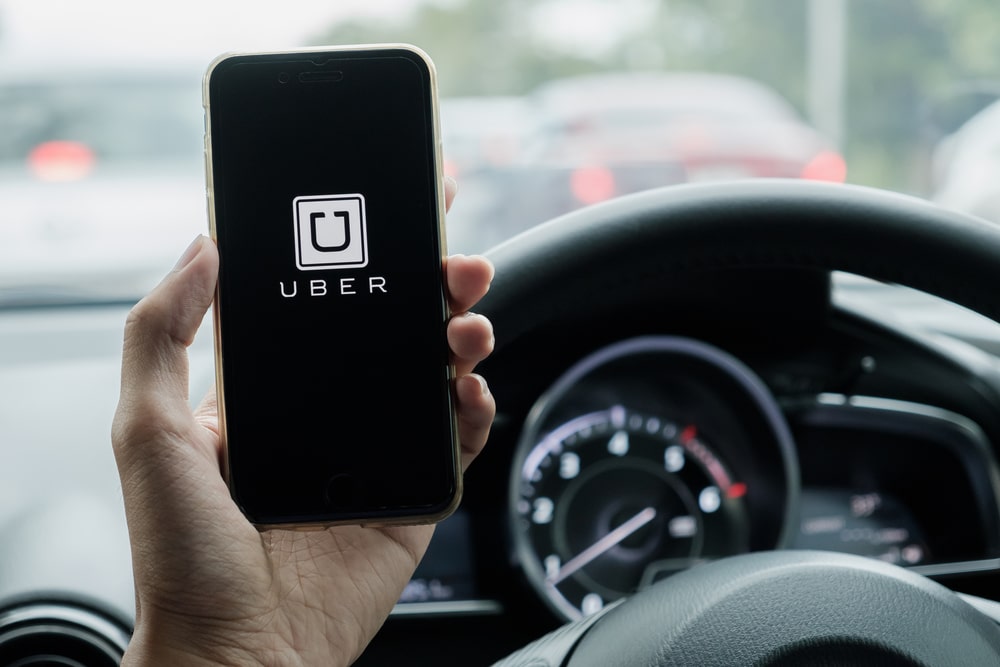
When you think about Uber accidents, the first concern is often physical injury. Broken bones, head injuries, or back pain are common outcomes. However, our San Jose, CA Uber accident lawyer understands that the emotional impact of a rideshare accident can be just as serious. Many victims develop post-traumatic stress disorder (PTSD) or ongoing emotional trauma that affects daily life long after the physical injuries have healed. If you have been through this experience, our lawyer wants you to know that emotional harm is real and recognized in legal claims. We helped one client recover $5,600,000 after suffering from serious injuries from a car accident, so don’t hesitate to reach out to us.
How Uber Accidents Cause Emotional Trauma
The shock of being in a sudden crash can leave lasting effects. Passengers and drivers may relive the event through flashbacks or nightmares. Others may develop anxiety about getting into a car again, which can disrupt work, school, and family responsibilities. Even if you were not severely injured, the fear and stress from the accident can still create long-term emotional difficulties.
PTSD is not limited to major collisions. Even a lower-speed accident can cause mental health issues depending on the circumstances. The sudden lack of control as a passenger in an Uber can make the experience especially overwhelming.
Signs You May Be Experiencing PTSD
Not everyone recognizes the signs of emotional trauma right away. Common indicators of PTSD after an Uber accident include:
- Nightmares or trouble sleeping
- Avoiding cars or rideshares
- Feeling constantly on edge or easily startled
- Intense anxiety or panic attacks
- Difficulty concentrating at work or school
If you notice these symptoms lasting for weeks or months, it may be a sign that you are dealing with PTSD connected to the accident.
The Role Of Medical Treatment
Seeking help from a mental health professional is a key step in recovery. A doctor or therapist can provide treatment options such as counseling or medication. More importantly, medical documentation of your condition helps support your legal claim. This record shows that your emotional trauma is directly tied to the Uber accident, which can strengthen your case for compensation.
How Emotional Trauma Impacts Your Claim
When filing a claim after an Uber accident, damages are not limited to medical bills or lost wages. Emotional trauma and PTSD are considered non-economic damages, and you have the right to seek compensation for the impact on your quality of life. Your attorney can use medical reports, testimony, and other evidence to show how the accident has affected you emotionally.
Insurance companies may try to minimize these claims, but documented PTSD and ongoing trauma are recognized forms of injury. By addressing both the physical and emotional harm, your claim reflects the full extent of what you have endured.
Moving Forward After An Uber Accident
Recovering from emotional trauma or PTSD takes time and support. You do not have to handle the legal process alone while focusing on healing. Attorneys at Mitchell & Danoff Law Firm, Inc can help protect your rights, gather evidence, and pursue compensation for both physical and emotional damages. We have been in the business for more than 30 years, so if you have suffered emotional trauma or PTSD after an Uber accident, reach out today. Contact our team to discuss your situation and learn how we can support you in moving forward.
